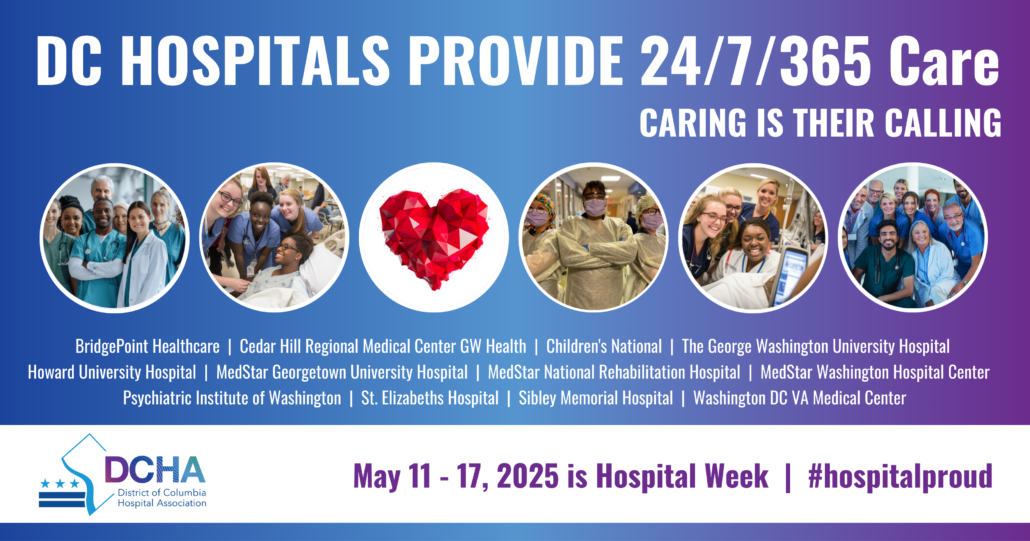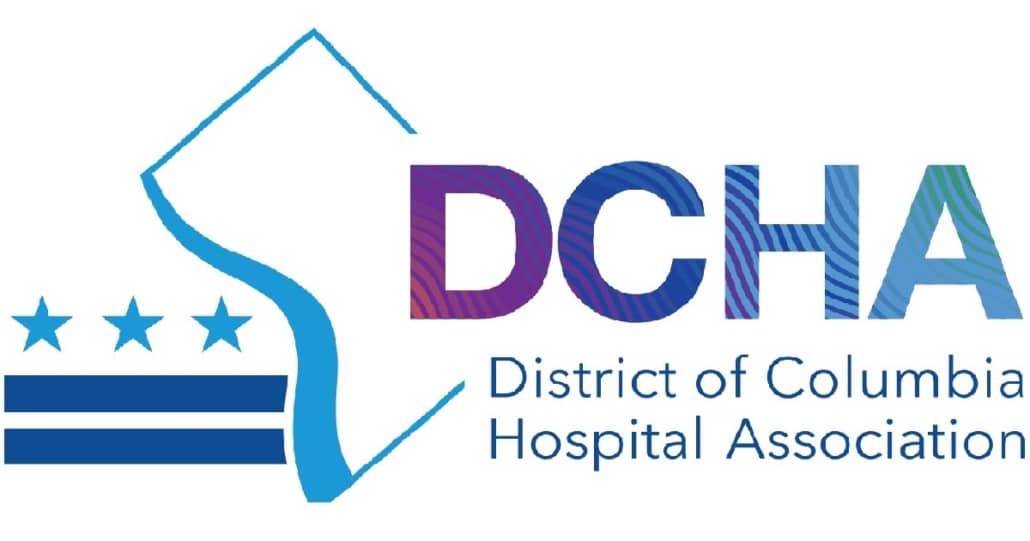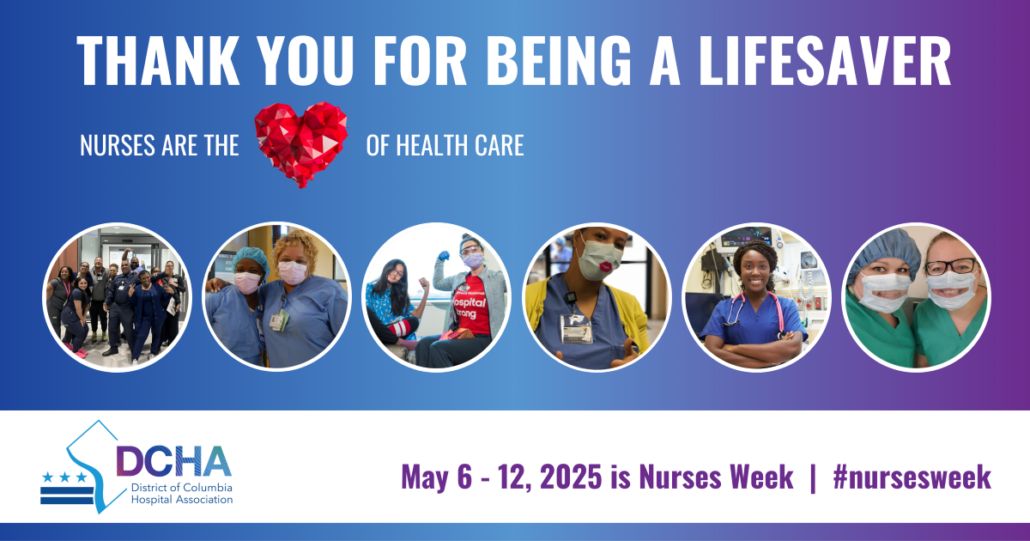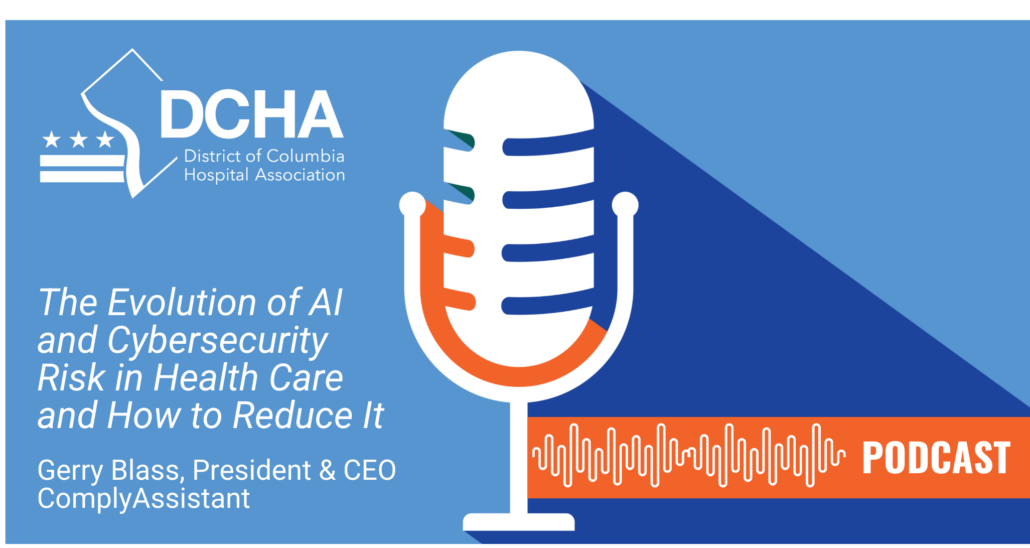Health Care & Innovation Poster & Abstract Competition Open for Submissions
The DCHA Poster & Abstract Competition is a part of our 2025 Health Care & Innovation Summit and offers the opportunity to highlight the great work of individuals within hospitals. The purpose of the competition is to stimulate systematic investigation by health care professionals, provide a venue to share innovative and effective programs, showcase unique […]








